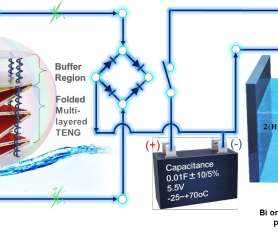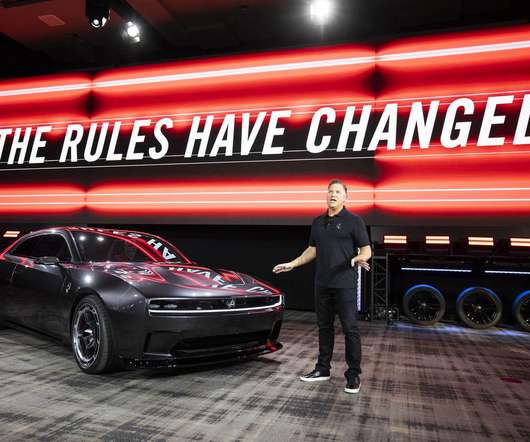Georgia Tech team develops simple, low-cost process for oxide nanowires; superior separators for Li-ion batteries
Green Car Congress
JANUARY 20, 2017
Researchers at Georgia Tech have developed a simple technique for producing oxide nanowires directly from bulk materials under ambient conditions without the use of catalysts or any external stimuli. The process is believed to be the first to convert bulk powders to nanowires at ambient conditions. —Lei et al.































Let's personalize your content